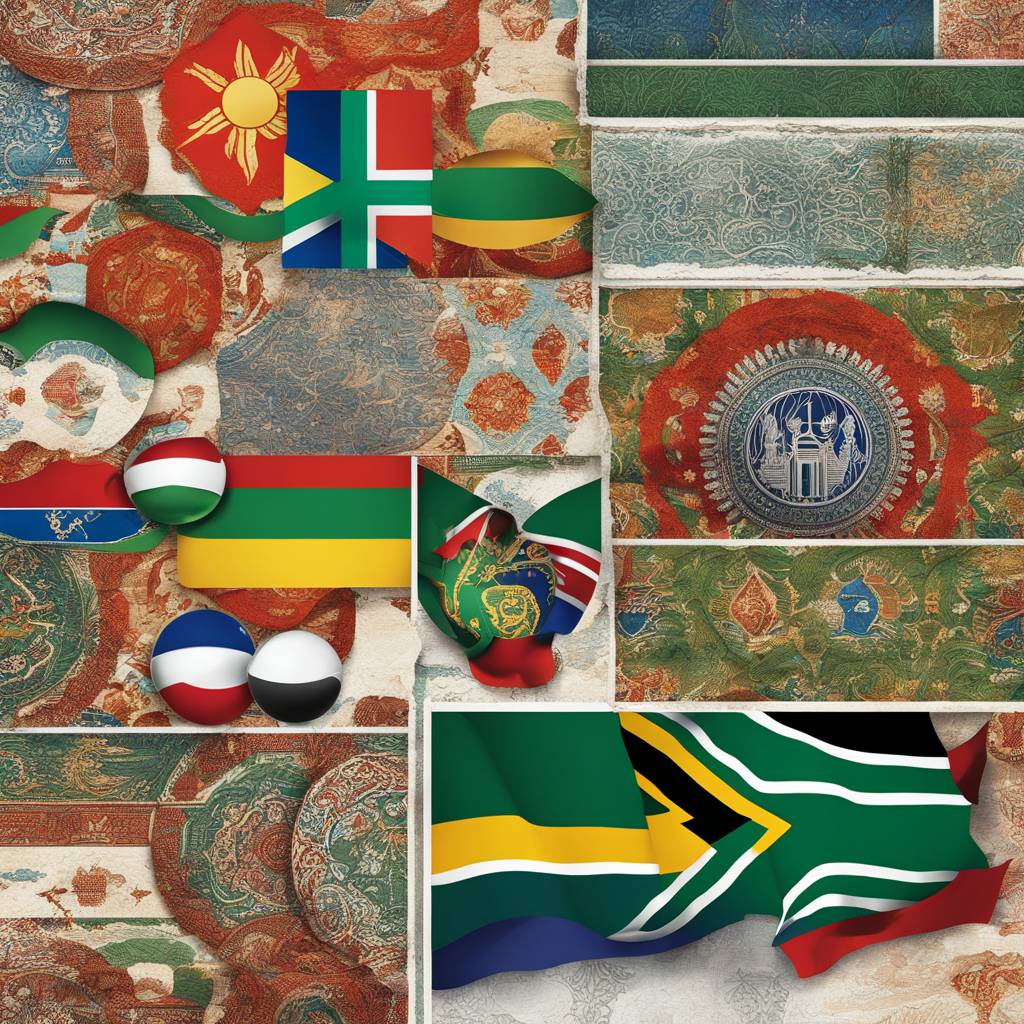Critics have accused South Africa of aligning closely with Russia and China, leading to a decline in its bilateral cooperation with major Western powers like the United States. The government’s support for the Palestinian cause, in particular, has been attributed to falling for Russian propaganda that paints Western powers as colonialists while presenting Russia and China as benign benefactors. This has drawn concerns from US lawmakers, who passed the Bilateral Relations Review Act to investigate South Africa’s activities that may undermine US national security or foreign policy interests.
South Africa’s alignment with Russia and China is exemplified through its association with the BRICS economic bloc, which the country joined in 2011. The increasing ties with these countries have raised suspicions in the US about South Africa’s commitment to shared democratic values and interests. The opposition party in South Africa has criticized the ruling ANC party for its foreign policy decisions, accusing it of pursuing relationships with oppressive regimes for financial and political gain. This has created a divide between South Africa and the US, particularly evident in their conflicting stances on the Israel-Hamas conflict.
Foreign Minister Naledi Pandor’s recent visit to the US was met with criticism, with opposition leaders accusing the government of speaking with a “forked tongue.” The opposition party aims to regain the trust of international allies by challenging the ruling ANC in upcoming elections. Despite the growing tensions between the two countries, trade relations between the US and South Africa remain strong. The US State Department has emphasized the need for countries like South Africa to be wary of Russian propaganda and Chinese influence, which can undermine stability and human rights.
South Africa’s economic struggles, including high unemployment rates and weak growth, have further complicated its foreign policy decisions. The country’s reliance on foreign partnerships for economic growth has led it to align itself with countries like Russia and China, which offer investment opportunities. However, critics argue that these relationships come at the cost of compromising South Africa’s long-standing partnerships with Western countries. The government’s support for Russia’s invasion of Ukraine and Iran’s sponsorship of extremist groups has also raised concerns about its commitment to international peace and stability.
The international community is closely monitoring South Africa’s foreign policy decisions, with particular attention to its alignment with Russia, China, and regimes known for human rights abuses. The US has emphasized the importance of maintaining a strong relationship with South Africa but has also urged caution regarding partnerships that may undermine shared values and interests. As South Africa navigates its position in a rapidly changing global environment, it faces the challenge of balancing economic interests with diplomatic alliances while upholding principles of democracy and human rights.













